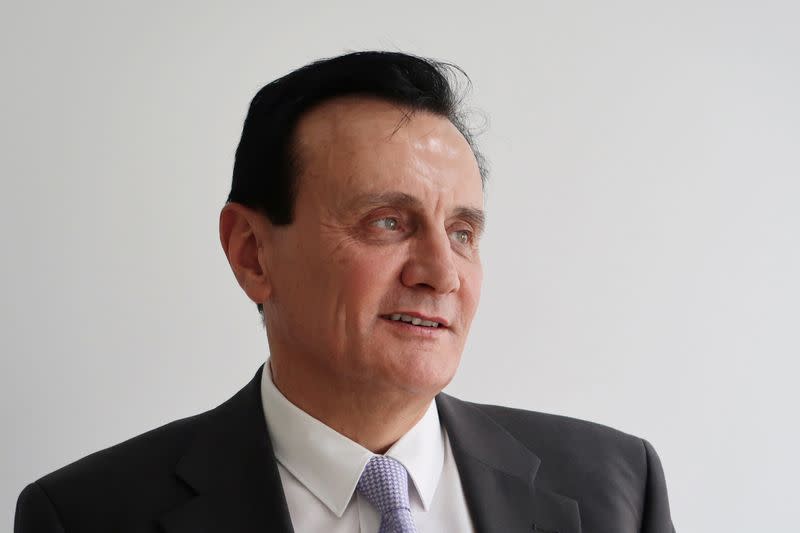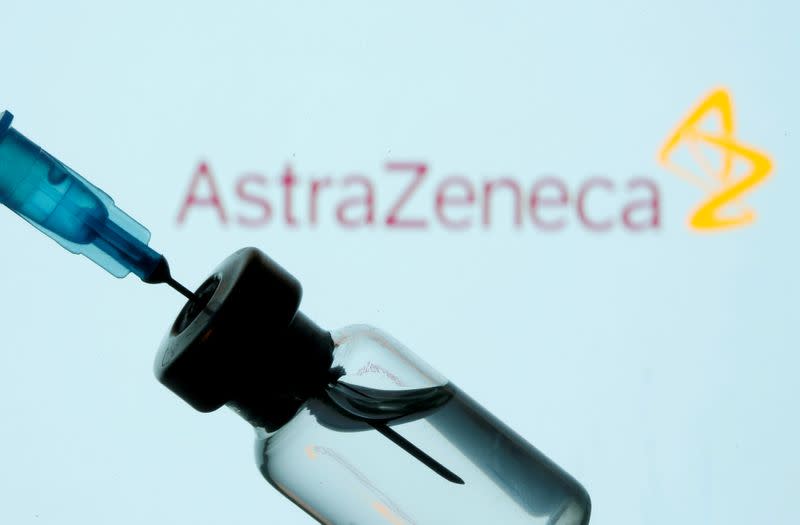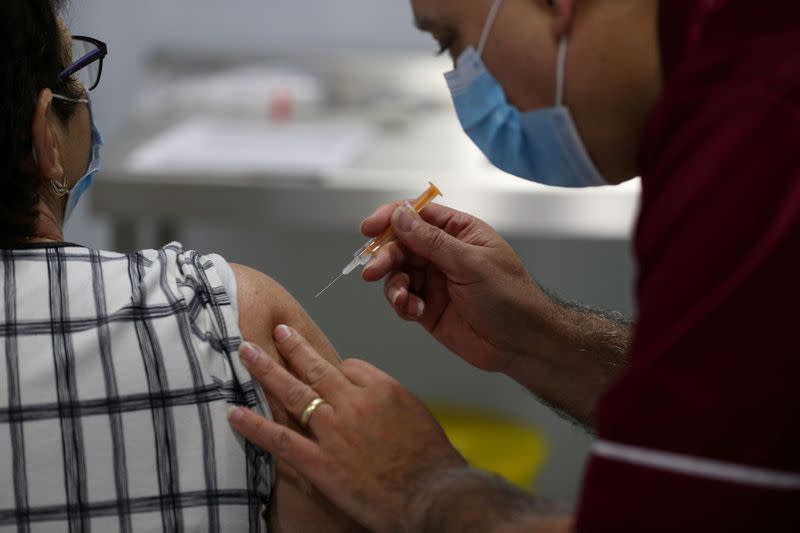EU contract did not leave time to fix vaccine hiccups: AstraZeneca CEO
BERLIN (Reuters) - AstraZeneca's Chief Executive on Tuesday said the European Union's late decision to strike a contract with the drugmaker to supply COVID-19 vaccines, months after Britain, meant the company did not have enough time to iron out glitches in setting up production lines with external partners.
"We are basically two months behind where we wanted to be," Pascal Soriot told German daily Die Welt in an interview, when asked about delayed deliveries in Europe.
"And the issue here is we've had also teething issues like this in the UK supply chain," he added. "As for Europe, we are three months behind in fixing those glitches."
AstraZeneca, which developed its shot with Oxford University, said last Friday it would cut supplies to the EU in the first quarter of this year, citing production problems. A senior EU official said at the time this meant a 60% reduction to 31 million doses for the bloc in the quarter.
EU member states could take the British drugmaker to court for breach of supply contracts if it did not honour its schedule, Latvian Foreign Affairs Minister Edgars Rinkevics said, reflecting wider frustration in the bloc.
In August last year, the EU agreed to purchase 300 million doses of AstraZeneca’s vaccine for 750 million euros, with an option for an additional 100 million.
That was after Britain in May secured 100 million doses for 84 million pounds and the United States, also that month, secured 300 million doses for up to $1.2 billion.
Soriot, however, said the volumes agreed with the EU were not binding.
"It’s not a commitment we have to Europe, it’s a best effort," Soriot told the newspaper. "The reason why we said that is because Europe at the time wanted to be supplied more or less at the same time as the UK, even though the contract was signed three months later."
The biotechnology procedures to make the product - a modified harmless virus that instructs human cells to produce vaccine proteins - are complex because they are based on living cells, the CEO added.
"We’ve had sites with very high yield and other sites with lower yield. Particularly in Europe, we had one site with large capacity that experienced yield issues," he said.
"We believe we’ve sorted out those issues," he added.
(Reporting by Joseph Nasr and Ludwig Burger; Editing by Christoph Steitz and Bill Berkrot)

 Yahoo Finance
Yahoo Finance 


